Dubai, a city synonymous with opulence and architectural marvels, has long been a playground for the world's elite. Among its many glittering attractions, the concept of a seven-star hotel was born here, redefining luxury hospitality. The Burj Al Arab, often hailed as the world's first seven-star hotel, stands as an iconic symbol of Dubai's ambition and extravagance. Its sail-shaped silhouette against the Arabian Gulf has become an indelible part of the city's skyline, attracting discerning travelers seeking unparalleled service and grandeur.
The very notion of a seven-star rating exists outside traditional hospitality classifications, which typically cap at five stars. This unofficial designation was coined by a British journalist upon the Burj Al Arab's opening in 1999, and the label stuck due to the property's extraordinary features. From chauffeur-driven Rolls-Royces to helicopter transfers, from underwater restaurants to sky-high tennis courts, the hotel continues to push boundaries of what luxury accommodation can offer. Its suites span two floors with floor-to-ceiling windows offering panoramic views of the Persian Gulf, while personal butlers attend to every whim around the clock.
Beyond the Burj Al Arab, Dubai's hospitality landscape continues to evolve with properties that challenge conventional luxury standards. The Palm Jumeirah alone hosts several resorts that could qualify for this elite seven-star categorization through their exceptional amenities and services. These establishments don't merely provide accommodation; they craft immersive experiences where technology, personalized service, and architectural brilliance converge to create something truly extraordinary.
What sets these seven-star properties apart is their attention to microscopic details. At the Burj Al Arab, for instance, the pillow menu offers 17 different options, while the bath amenities come in gold packaging. The staff-to-guest ratio often exceeds 8:1, ensuring that no request goes unfulfilled. Such properties have redefined guest expectations, making standard five-star accommodations seem almost pedestrian by comparison. The level of customization available to guests borders on mind-boggling - from arranging private shopping experiences in the hotel's own boutiques to organizing bespoke desert safaris with gourmet dining under the stars.
The architectural audacity of these hotels matches their service philosophy. The Burj Al Arab was constructed on an artificial island 280 meters offshore, connected to the mainland by a slender private bridge. Its atrium soars 180 meters above the ground - taller than the dome of St. Paul's Cathedral in London. More recent additions to Dubai's ultra-luxury hotel scene, such as the Bulgari Resort or the upcoming Royal Atlantis Resort, continue this tradition of pushing engineering boundaries while offering increasingly sophisticated guest experiences.
Critics argue that the seven-star designation is more marketing genius than genuine classification, pointing out that no official hospitality rating system recognizes such a category. Yet even skeptics concede that these properties deliver service and amenities that transcend traditional five-star standards. The debate about star ratings becomes irrelevant when guests experience the reality of staying in these hotels - where every conceivable comfort has been anticipated and every possible desire can be fulfilled, often before the guest even articulates it.
Dubai's seven-star hotels have become destinations in their own right, attracting visitors who may not even stay overnight but come to dine in their celebrity-chef restaurants, relax in their lavish spas, or simply marvel at their architectural splendor. The Burj Al Arab's Al Muntaha restaurant, suspended 200 meters above sea level, offers breathtaking views alongside its Michelin-starred cuisine, while its Al Mahara seafood restaurant features a massive aquarium visible from every table.
As Dubai continues to develop ambitious new projects, the future of ultra-luxury hospitality in the city looks set to reach even greater heights. With concepts like underwater hotels and rotating towers in development, the seven-star standard may soon need to be revised upward yet again. For now, these magnificent properties stand as testaments to human ingenuity in creating environments of pure indulgence, where fantasy becomes reality for those who can afford the extraordinary experience.
The economic impact of these flagship properties extends beyond their immediate revenue generation. They serve as powerful marketing tools for Dubai's tourism industry, generating media coverage and social media buzz disproportionate to their actual room inventory. The Burj Al Arab, with just 202 duplex suites, has become one of the most photographed buildings in the world, its image synonymous with Dubai's luxury brand. This halo effect benefits the entire emirate's hospitality sector and reinforces Dubai's position as a global leader in innovative tourism concepts.
Environmental considerations have not been overlooked in this pursuit of ultra-luxury. The newer generation of high-end hotels incorporates sustainable design elements and operational practices. Solar panels, advanced water recycling systems, and energy-efficient technologies work behind the scenes to reduce the environmental footprint without compromising guest comfort. This reflects a growing awareness that true luxury in the 21st century must include environmental responsibility alongside material extravagance.
Cultural authenticity presents another evolving dimension of Dubai's seven-star experience. While early properties emphasized imported luxury, newer developments increasingly incorporate regional design elements and Emirati hospitality traditions. From Arabic calligraphy in the decor to locally inspired treatments in the spas, these touches provide guests with a sense of place amid the globalized luxury. This cultural layering adds depth to the experience, moving beyond pure ostentation to offer something more meaningful and memorable.
The psychology behind seven-star hospitality reveals much about contemporary luxury consumers. In an age where affluent travelers have "seen it all," true differentiation comes through emotional connection and personalized storytelling. Dubai's ultra-luxury hotels understand that their guests seek not just comfort, but transformation - the chance to live, if only briefly, as royalty in a modern fairy tale. This emotional resonance, more than marble or gold leaf, is what justifies the astronomical room rates and creates fiercely loyal patrons.
As other global destinations attempt to emulate Dubai's success in creating seven-star experiences, the emirate continues to innovate. The next frontier appears to be the integration of cutting-edge technology with human-centric service. Imagine AI-powered personal assistants working alongside human butlers, or virtual reality previews of customized experiences before they occur. Yet no matter how advanced the technology becomes, the human element - that intuitive, anticipatory service - will remain the true hallmark of seven-star hospitality.
For most of the world, staying at a seven-star hotel remains an aspirational fantasy. But for those who do experience it, the memory lasts a lifetime. Whether it's watching the sunset over the Arabian Gulf from a private terrace, being pampered in a spa suite larger than most apartments, or dining on cuisine prepared by world-renowned chefs, these moments of extraordinary indulgence represent the pinnacle of what modern hospitality can achieve. In this regard, Dubai's seven-star hotels don't just accommodate guests - they create modern legends.

By William Miller/Apr 28, 2025
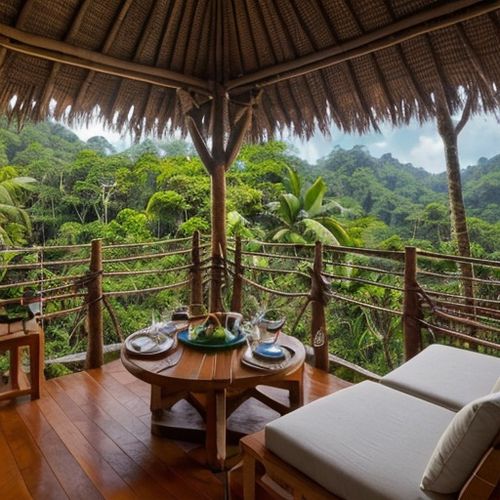
By Sophia Lewis/Apr 28, 2025
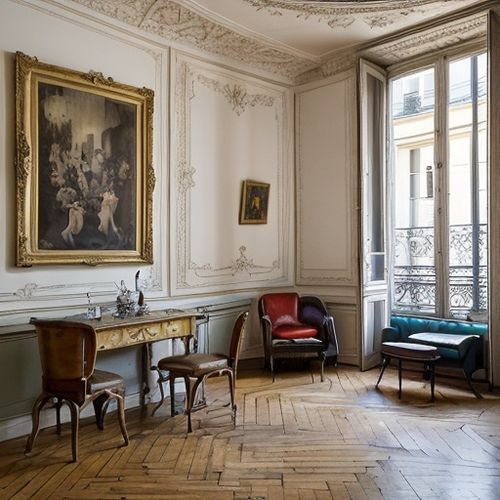
By Megan Clark/Apr 28, 2025
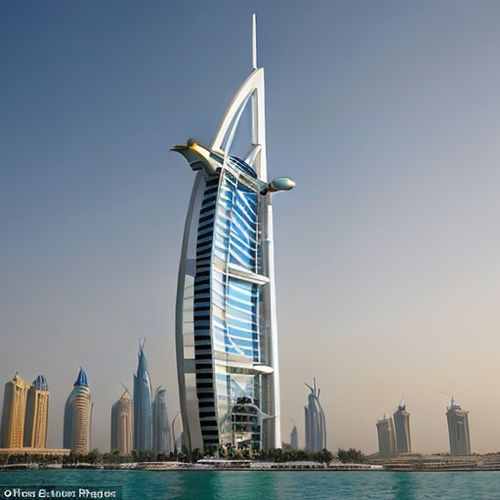
By George Bailey/Apr 28, 2025
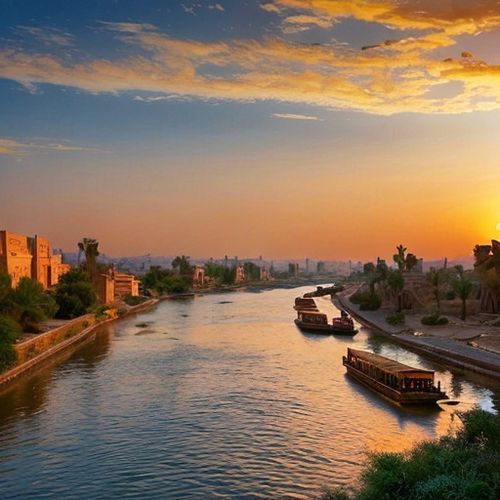
By Ryan Martin/Apr 28, 2025
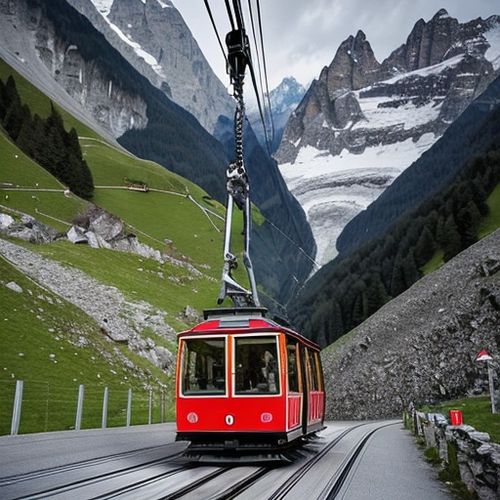
By Sophia Lewis/Apr 28, 2025

By Laura Wilson/Apr 28, 2025

By Ryan Martin/Apr 28, 2025
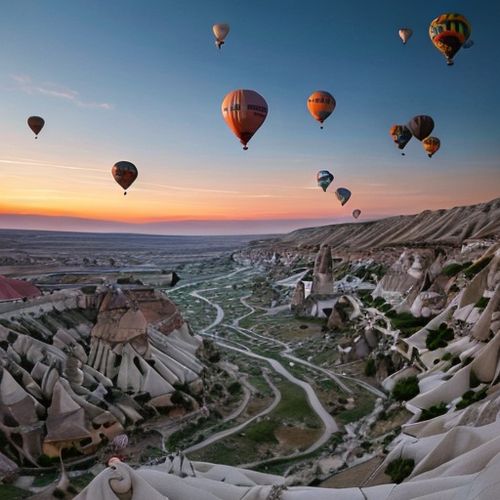
By Benjamin Evans/Apr 28, 2025
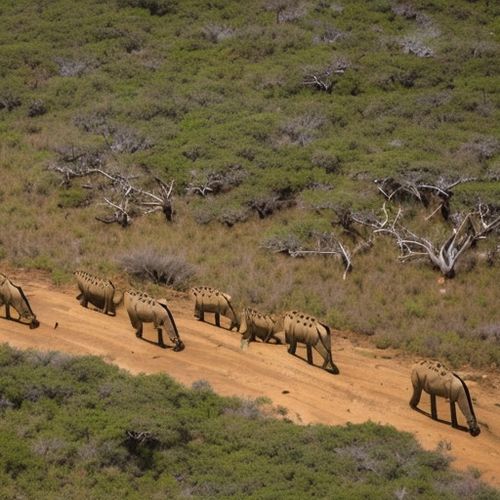
By Sophia Lewis/Apr 28, 2025
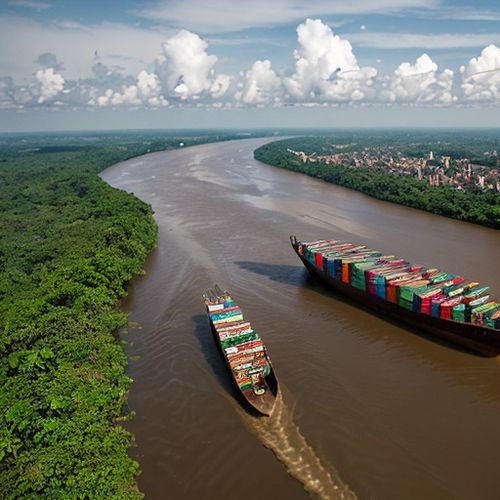
By Rebecca Stewart/Apr 28, 2025

By Sophia Lewis/Apr 28, 2025
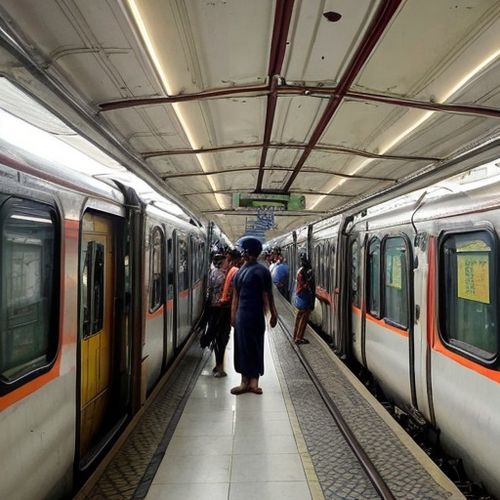
By Noah Bell/Apr 28, 2025
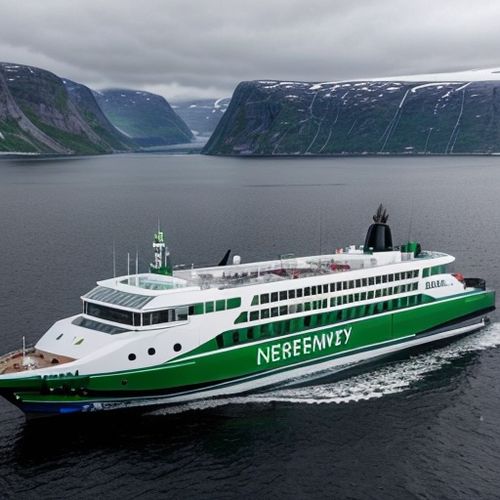
By Laura Wilson/Apr 28, 2025

By Emma Thompson/Apr 28, 2025
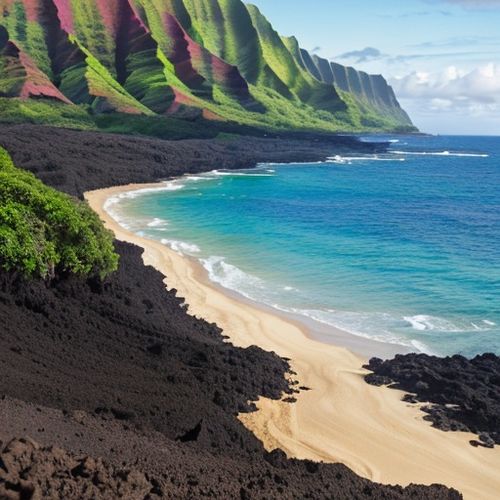
By Christopher Harris/Apr 28, 2025
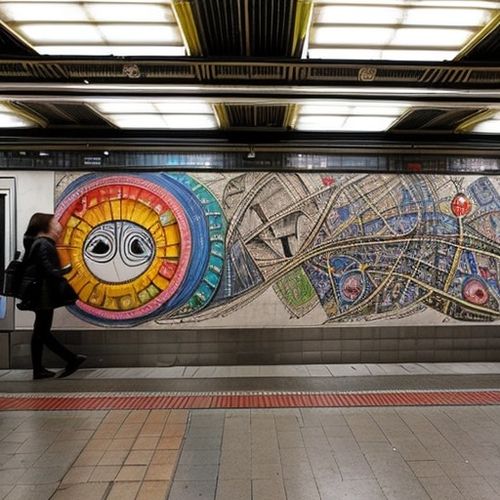
By David Anderson/Apr 28, 2025
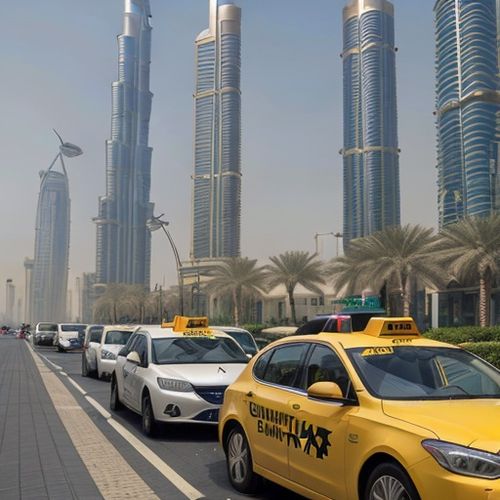
By David Anderson/Apr 28, 2025
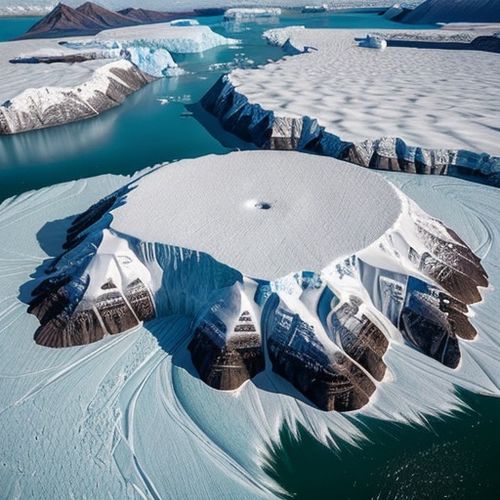
By Victoria Gonzalez/Apr 28, 2025
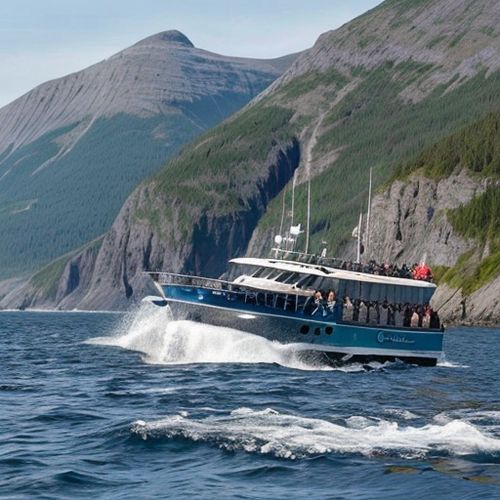
By Rebecca Stewart/Apr 28, 2025